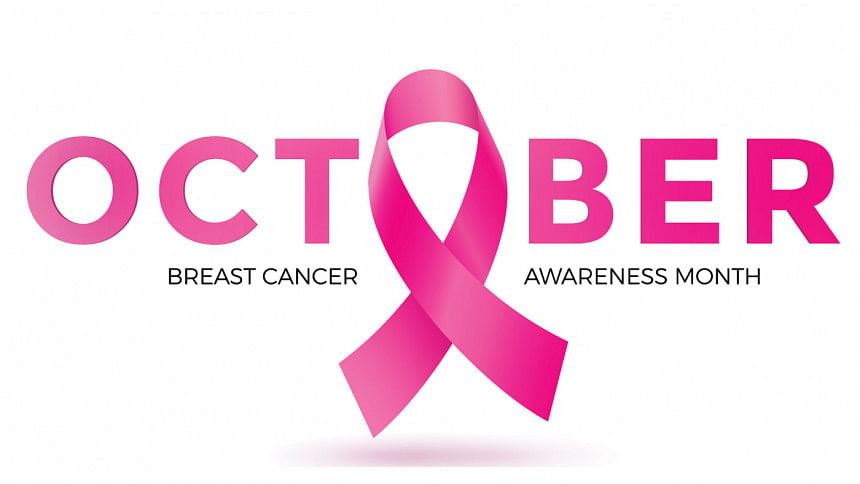Breast cancer screening: the barriers and the solutions

Early detection is key to increasing the odds of survival for breast cancer. Regular checking and mammograms are key to early detection. A mammogram is an X-ray picture of the breasts that often helps detect breast cancer three years before it can be felt.
So why is it that many women choose not to get checked?
"I am too young…"
Most young women choose not to get checked based on the presumed invulnerability of their youth and the immunity that comes along with that. However, women also forget the fact that more than 5 percent of breast cancer cases occur in women under 40 — which jeopardises the safety net of supposed everlasting protection against fatal diseases.
"I am embarrassed…"
A significant portion of women — especially South-Asian women choose not to get screenings simply because they are embarrassed.
Of what?
Of the shame and stigma that surrounds breast cancer, of the mortification of being topless in a doctor's office. Similarly, Bangladeshi women are also discouraged from doing self-check-ups by themselves at home — the very act deemed crude and indecent. This breeds a culture of women who are too embarrassed to check up on their bodies until absolutely necessary — often it's too late by then for a long-lasting treatment. However, shame and stigma have no place in breast cancer. This needs to be eradicated and overcome in order to successfully recover from the disease.
"It has adverse side effects…"
One of the more popular myths surrounding mammograms would be the supposed ghastly side-effects of the X-ray used. There is a misconception that repeated mammograms may lead to further cancer — however that notion has been disputed by countless experts and medical professionals.
Most mammograms use only a small, harmless amount of radiation, comparable to the background radiation of the average woman. On top of that, most mammograms are also conducted within the medical guidelines by highly skilled medical professionals in state-of-the-art hospitals and clinics.
"It hurts…"
This is another reason why a lot of women do not get mammograms — because it may hurt. True, it may be hurtful and uncomfortable, but the pain is not usually worse than a pinch for most women. And even if it is, it is important to remember that temporary pain and discomfort is almost always better than a life-threatening disease.
"It is expensive…"
Mammograms and regular screenings can get pretty expensive for most people. The high hospital and clinic bill may be another deterrent towards women getting checked. However, there are many schemes and resources available for those in need. For one, Bangladesh Cancer Aid Trust helps out impoverished women with breast cancer to pay their doctor bills.
Breast cancer is a deadly disease — made even deadlier by late diagnosis, shame, and misconceptions. However, it is time we start encouraging women to take control of their bodies and care for themselves accordingly by getting checked on the regular. Only then can we try to reduce the risk of fatality of breast cancer.
Photo: Collected

 For all latest news, follow The Daily Star's Google News channel.
For all latest news, follow The Daily Star's Google News channel. 



Comments